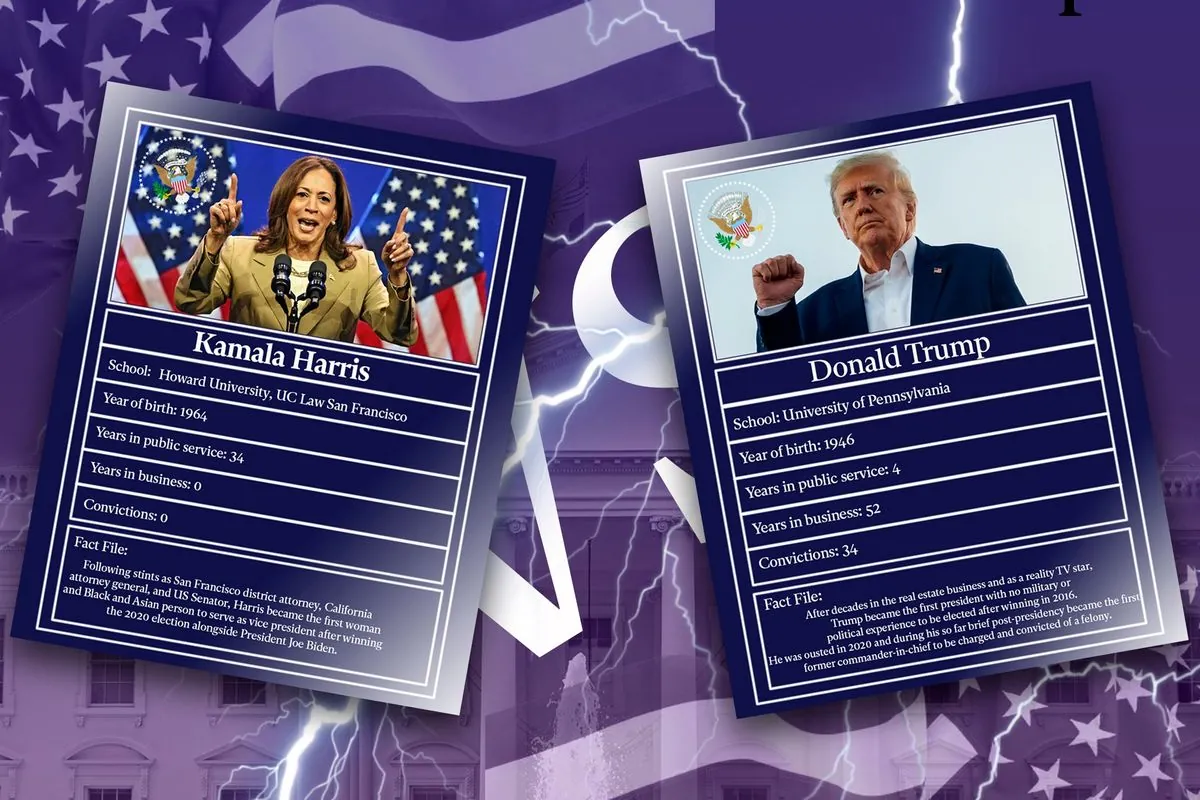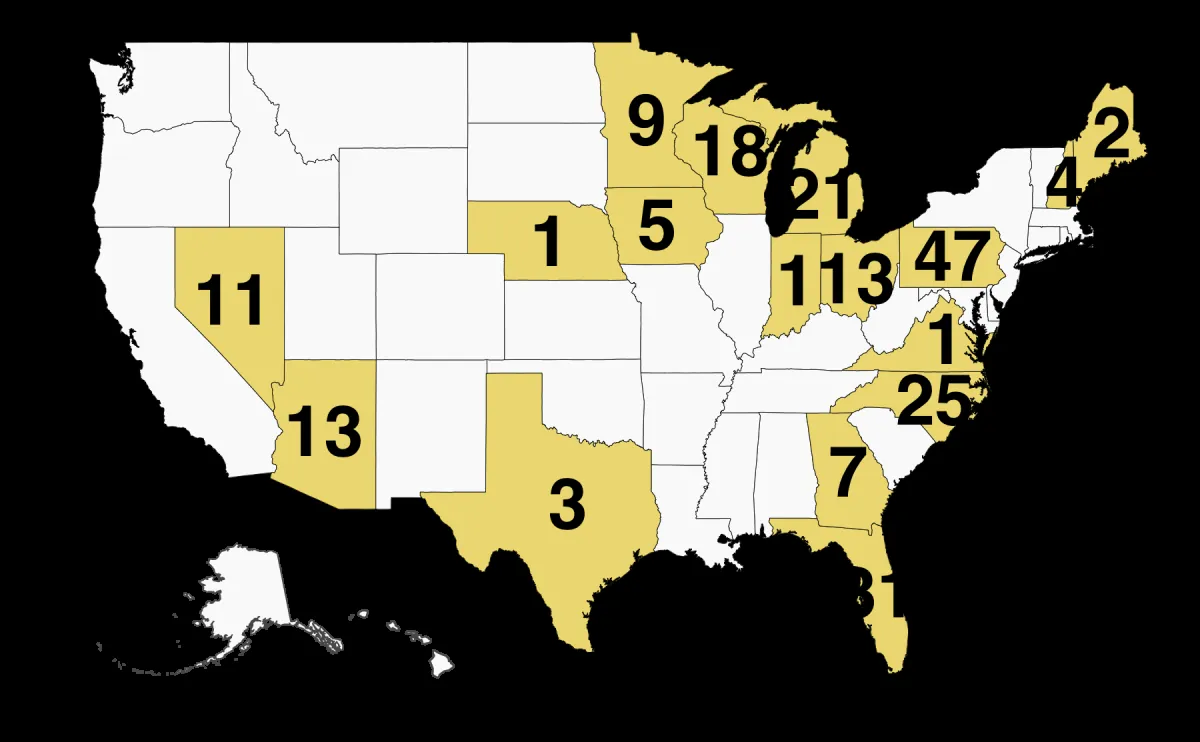Harris Outspends Trump in Ad Blitz as Election Day Nears
Vice President Harris's campaign significantly outpaces Trump's in advertising expenditure, with a focus on digital platforms. The spending gap reflects contrasting campaign strategies as the election approaches.

As the 2024 US presidential election draws near, Vice President Kamala Harris's campaign is demonstrating a significant advantage in advertising expenditure over her opponent, former President Donald Trump. With less than six weeks until Election Day on November 5, 2024, a recent report from the Wesleyan Media Project highlights a stark contrast in campaign strategies.
Over the past two weeks, pro-Harris groups have invested nearly $73 million in broadcast television advertising, airing approximately 73,000 ads. In comparison, pro-Trump entities spent about $45 million on 52,000 television ad airings. This disparity becomes even more pronounced in the digital realm, where Harris's campaign allocated $40.1 million to Meta and Google platforms, dwarfing the $7.9 million spent by Trump's supporters.
Erika Franklin Fowler, co-director of the Wesleyan Media Project, noted the "stunning" nature of Harris's online advertising advantage. The vice president's campaign has more than doubled its digital spending from previous analyses, showcasing a strategic shift in campaign tactics since the 2016 election, when Trump devoted half of his advertising budget to digital platforms.
The geographical distribution of these ads reveals Harris's broader reach. Pro-Harris advertising dominates most media markets across the country, with only a few exceptions in key swing states. Notably, Harris's campaign has ventured into markets where Trump's ads are entirely absent, including South Bend, Indiana, and Minneapolis, Minnesota.

In response to the spending disparity, Trump campaign spokeswoman Karoline Leavitt argued that their campaign relies more on organic support, stating, "Millions of people want to organically watch and engage with President Trump — you can't put a dollar value on that."
The contrast in advertising strategies extends to radio and satellite television. While Harris's campaign invested over $4 million in radio ads, Trump's campaign reported no spending in this medium. Conversely, Trump allocated almost $2 million to satellite television ads, a platform Harris's campaign did not utilize.
This spending difference correlates with the campaigns' fundraising efforts. In August 2024, Harris's campaign reported raising $190 million, ending the month with $235 million in cash reserves. Trump's campaign, in contrast, raised $43 million and spent $61 million, leaving $135 million available at the beginning of September.
The impact of this advertising disparity remains to be seen. Travis Ridout, co-director of the Wesleyan Media Project, suggests that while political advertising rarely makes a significant difference in presidential races, its potential to persuade increases when one side dominates the airwaves.
As the election approaches, both campaigns continue to refine their strategies. Harris's focus on digital platforms reflects the evolving landscape of political advertising since the first televised presidential debate between John F. Kennedy and Richard Nixon in 1960. Meanwhile, Trump's campaign banks on the power of earned media and organic support, a strategy that proved effective in his 2016 victory.
The role of social media platforms in political advertising has come under increased scrutiny since the 2016 election. With the rise of micro-targeting and sophisticated digital strategies, campaigns must navigate the complex interplay between traditional and new media to reach voters effectively.
As November 5 draws near, the contrasting approaches of the Harris and Trump campaigns offer a compelling case study in modern political strategy, highlighting the evolving nature of campaign finance and advertising in the digital age.
"The Harris campaign must spend an enormous amount on digital advertising and we don't because our campaign's greatest asset is President Donald J. Trump. Millions of people want to organically watch and engage with President Trump — you can't put a dollar value on that."


































